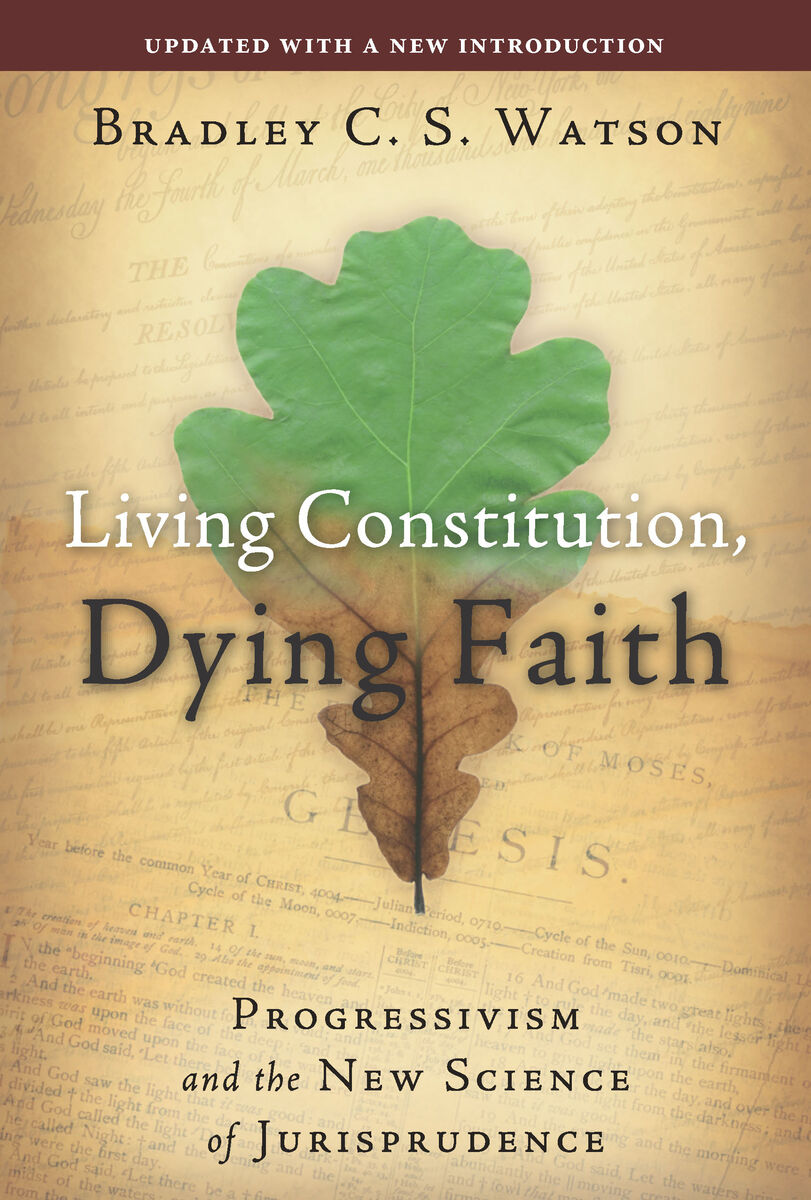How Debt Weakens Family Formation among Generation X The Federal Guaranteed Student Loan program represents an almost pure example of the “law of unintended consequences” in public policy. Initiated in the mid-1970s as a modest supplement to means-tested federal (later, Pell) grants, it has grown into a massive program involving a majority of students at […]
Read MoreThe Crushing Burden of Student Loans:
- Post by: Allan C. Carlson
- March 13, 2010

